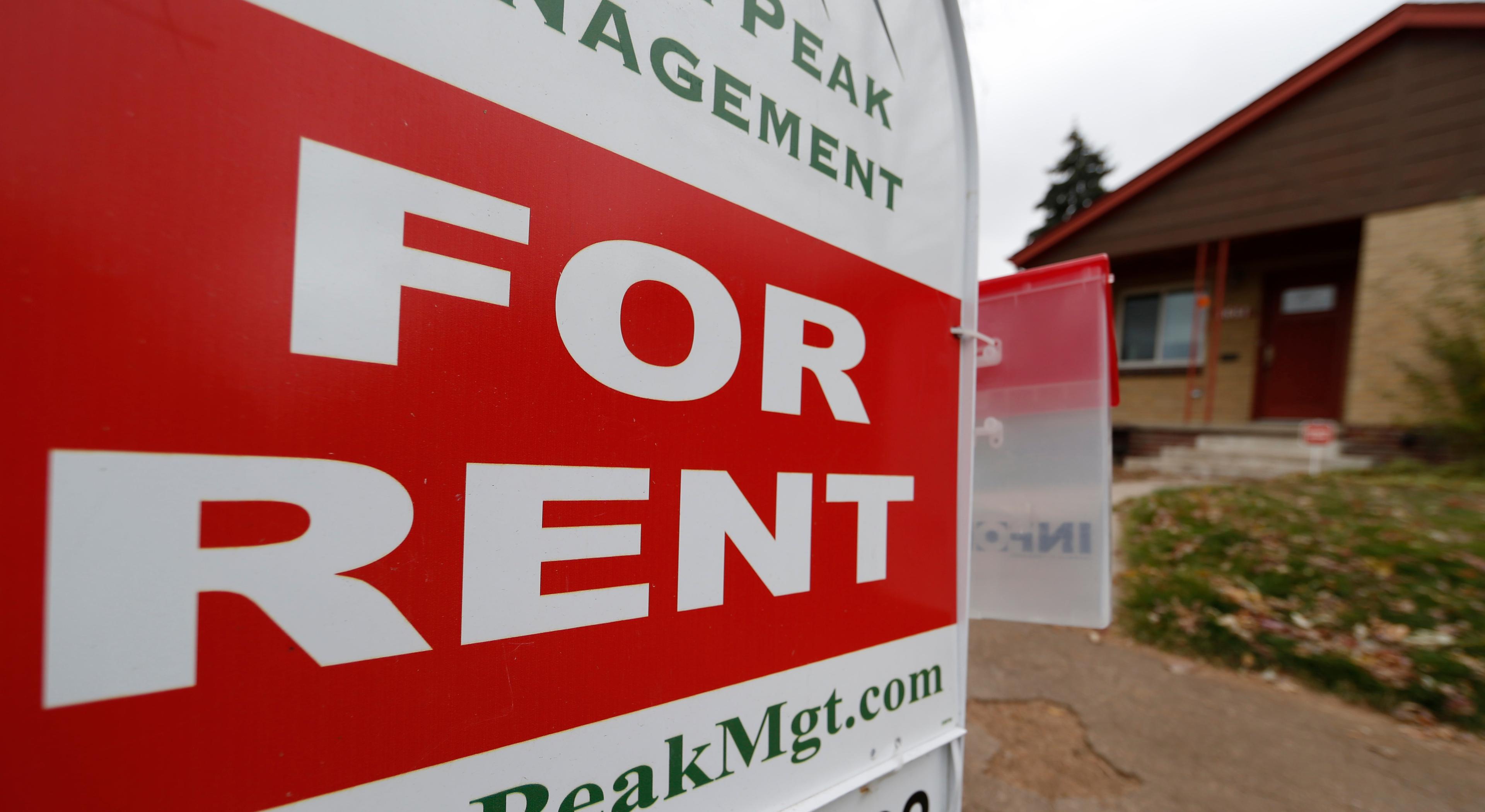
Progressives in the Colorado legislature lost part of their housing agenda on Wednesday as other Democrats joined Republicans to reject a renters’ rights bill.
House Bill 20-1141 would have limited the late fees that landlords can charge, and it would have granted an eight-day grace period for late rent.
"Many people are being led to a cycle of debt, and homelessness even, because of exorbitant late fees,” said state Rep. Yadira Caraveo, who co-sponsored the bill with state Rep. Serena Gonzales-Gutierrez and state Sen. Julie Gonzales, all Democrats.
Other Democrats’ skepticism was evident throughout the hearing at the House Business Affairs & Labor Committee.
“They signed it knowing what was going to happen on the third day?” Democratic state Rep. Tom Sullivan asked one speaker.
An attorney for Colorado Legal Services described one client who was facing $600 of late fees on top of a $2 late fee. Other advocates said they had encountered late fees ranging up to 100 percent of their monthly rent. There are no Colorado laws specifically governing late fees.
“We know that evictions create a domino effect,” said Aubrey Hasvold of the Colorado Coalition for the Homeless. “There's so many of us living paycheck to paycheck, and emergencies happen.”
Landlords and property managers argued that the bill would erode one of their most important powers.
“We’re teaching residents to be late, every single month," said Aquino Cheatem Laughlin, an opponent of the bill. "Once you’re paying on the 10th, you’re going to pay on the 10th the next month."
Landlords argued they have to meet their own mortgage payments and utility bills on time.
Annemarie Lunde manages properties for out-of-state owners. If late fees were compromised, she warned, they would be forced “to sell their investment property, because the cost to hold will be too great.”
The average Colorado landlord charges a $79 late fee — about 7 percent of the average rent, according to research by Colorado Apartment Association. The revised bill would have cut that to 5 percent, with only one late fee allowed per payment.
Democrats on the committee said they were worried about side effects for low-cost housing, especially mobile home parks. Would they charge higher security deposits instead, or require automatic deposits?
“Those are the people on the ground who are providing affordable housing,” Democratic state Rep. Marc Snyder said.
The sponsors argued that they were aiming at “bad actors” who charge exorbitant fees and currently face no specific limits. People with low incomes often have little choice but to sign onto unfair contracts, supporters argued.
The bill also would have changed utility bills by eliminating the practice of landlords dividing up one big monthly bill among all tenants.
That was a reaction to complaints about unpredictable utility billing — for example, a neighbor's high water use could drive everyone's bills up. Landlords use the common billing approach for older rentals that don't have individual meters.
Under the bill, landlords could still have passed on utility costs by building them into the rent. That would be more predictable for tenants, while landlords would lose month-to-month flexibility.
Other housing bills are still alive, including:
- HB20-1332: Landlords would be required to accept "Section 8" housing vouchers and other sources of income.
- HB20-1201: If a mobile home park is sold, its residents would have a chance to buy it.
- HB20-1009: Court records of incomplete evictions would be suppressed.
- SB20-108: Landlords would not be allowed to ask about or disclose tenants' immigration or citizenship status.









